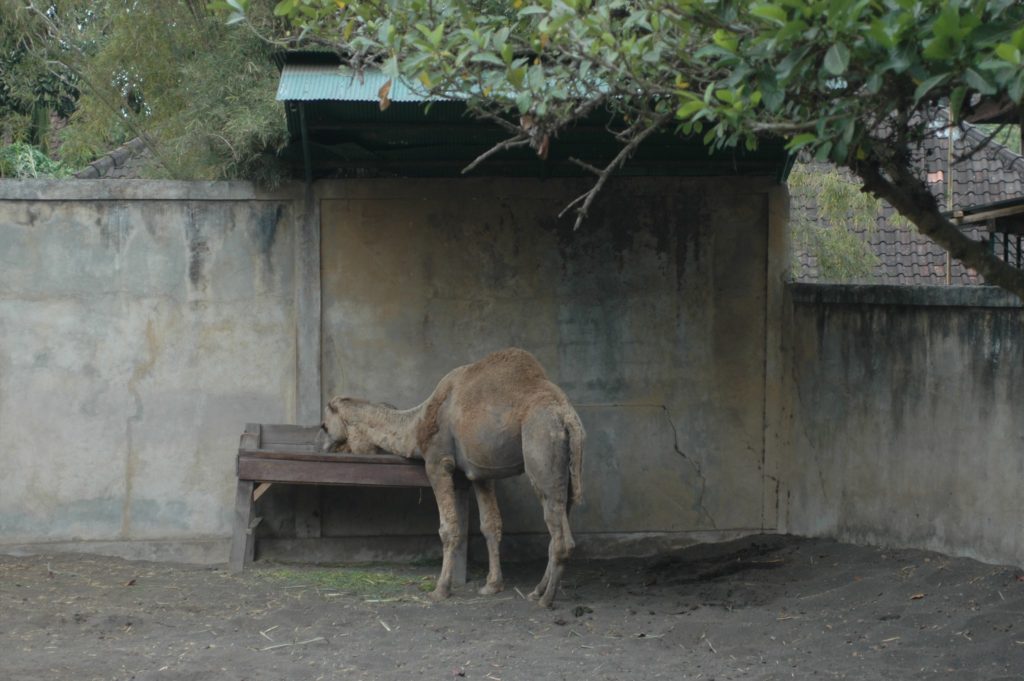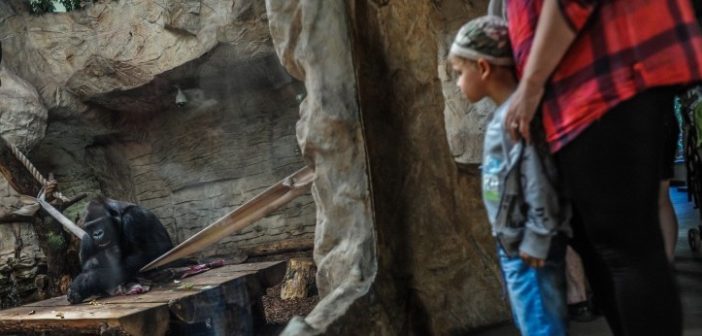Freedom for Animals and other advocates working to oppose the keeping of captive animals in zoos have long argued that these institutions not only fail to educate children about the natural world but, in fact, have a negative educational impact.

A paper published in the academic journal Conservation Biology appears to have confirmed this view. It was found that of over 2,800 children surveyed following visits to London Zoo, the majority demonstrated no positive learning outcomes at all. Indeed, many children showed not just a lack of learning, but negative learning outcomes.
The study considered learning outcomes for pupils who were part of either visits guided by a member of educational staff from the zoo or unguided visits. Only 38% of children were able to demonstrate positive learning outcomes, said the paper’s author. In comparison, 62% showed no change in learning or, worse, experienced negative learning during their trip to the zoo.
There’s nothing inspiring about zoos
In addition, despite zoos claiming that they inspire children to become proactive conservationists, it was concluded that the zoo’s impact on children’s belief in their ability to actively do something about conservation was “weak.” The author went on to say that his findings suggested that pupils did not feel empowered by their zoo experience to believe that they could take “effective ameliorative [impactful]action” on matters relating to conservation.

In contrast to these findings, London Zoo claims on its website that it offers “the perfect education choice” and boasts “a diverse and highly skilled Education Team, provid[ing]unique learning sessions for all ages and abilities.”
A 2010 United Kingdom government-commissioned report raised concerns that, despite zoos promoting education programs, there was little evidence of educational impact by the industry.
Former Freedom for Animals Director, Liz Tyson said, “It is hardly surprising to learn that most children visiting zoos are neither empowered nor educated by the experience of seeing captive wild animals so far removed from their natural habitats. Zoos present an entirely false view of both the animals themselves, and the real and very urgent issues facing many species in their natural homes. This research appears to confirm what we have said for many years. Zoos do not educate nor do they empower or inspire children to become conservationists.”

Ms. Tyson added, “We know that zoos will not stop making loaded and misleading claims about their educational benefits, so we are calling upon schools and parents to consider the findings of this research and make up their own minds. There are many ways to learn about the natural world without holding animals captive for their entire lives in order to do so. We would like to encourage schools and parents everywhere to look to more compassionate, inspiring and educative activities for their children.”
Featured image: a child looks into a gorilla enclosure at a zoo in Europe. Image credit Jo-Anne McArthur / The Ghosts in Our Machine.






2 Comments
Thank you for this important article about the educational and ethical failure of zoos.
I used to have an account with you but can’t recall the username or password. I tried to sign up just now, but since I don’t have a record of my password or username, the signup won’t work.
Your help in resolving this problem would be greatly appreciated. Thank you!
Having lived in Kenya when I was a young teenager, I was fortunate to see most of these animals in their natural habitat. It broke my heart when we came back to the States and saw the same animals in cages/ enclosures
Seeing it is not the same as being taught. Being taught usually includes the teachers opinion which is usually wrong